The Carol I didn’t know
The Canadian Shields: Stories and Essays
by Carol Shields, edited by Nora Foster Stovel
Winnipeg: University of Manitoba Press, 2024
$29.95 / 9781772840827
Reviewed by Ron Verzuh
*

Let me start with a heresy: I was not a Carol Shields fan. I recall finding her novels mundane though well-written. They covered everyday events about everyday people and I was never sure where to draw the line between fiction and autobiography. Now, with this study of her unpublished work, I am better educated to understand the importance of American-Canadian novelist Shields’s contribution to our literature.
Let me add a declaration of former nationalist bias: Shields was part of the American invasion of my country. Silly, I know, but when she published her early work in the 1970s, Canadian nationalism was on the rise. It seemed to me that we should cultivate our own writers and present them with our literary awards.
In fact, in these 50 short writings Shields proves that she was well and truly Canadian and that she is deserving of our coveted prizes for writing. Before she died in 2003, she won the Governor Generals’ Award, was named to the Order of Canada, and received many honourary degrees from Canadian universities. Incidentally, she is probably the only writer to win both the GG and the Pulitzer Prize.
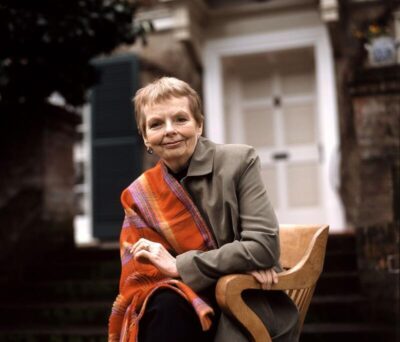
I was wrong about her. Shields is among our best novelists. She is also in the forefront of women writers who have shown us that we’ve been a lesser reading nation for not recognizing the many works produced by women writers.
In this collection, we join Shields as she illustrates the terrain a woman writer must navigate, the sometimes sexist and often dismissive treatment gauntlet she must endure at the hands of sexist publishers, rude academic critics, and simplistic newspaper reviewers. Above all else, this book shows that Shields was a feminist.
Editor Nora Foster Stovel has done us all a service by digging out the many short gems of wisdom, wit and honesty that mark the life of this wonderfully observant and sensitive writer. The pieces also provide a guide to much of her literary output. She wrote 10 novels, many short stories, poems, four plays, criticism, biography (Jane Austen: A Life), and essays.
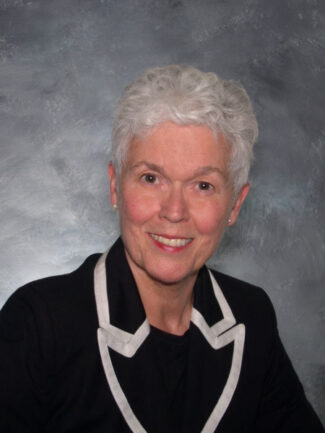
The essays are my favourite part of this appreciative study. They include reflections on divorce, domestic life, memories of her mother, her Grade 2 teacher, and losing the Booker to Irish writer Roddy Doyle (he won for Paddy Clarke Ha Ha Ha) in 1993. They also dispute the view that writing of ordinary life is somehow a lesser subject. “The hum of human busyness engaged me at every level,” she wrote. “It was what illuminated my imagination.”
In her travel essays, Shields confesses that she sometimes spent much of the trip reading books. In one case, notably The Greenlanders, Jane Smiley’s historical novel about the Norse settlement of the island, the book became the landscape of her travelogue with the place seeming to play a secondary role.
In her speeches at various universities, many of which saluted her with honourary degrees, she offered lessons in writing and the support of writers. She was also a member of the Canada Council and spoke admiringly of that institution, including a $600 grant she received to pay for household help while she wrote.
Shields declares that her great loves are writing and reading and this study is filled with her thoughts about her own writing. Sometimes they include her doubts, her deep research and her philosophy about writing about people’s life experiences. This covers her own marriage of almost 40 years, having five children and stints in Ottawa, Vancouver, her beloved Winnipeg, and finally Victoria.
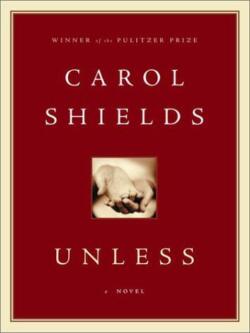
In one of the essays she muses about buying a house in a small village in France where she and her Canadian engineering professor husband Don lived periodically. In other essays, she revisits her childhood growing up in Oaks Parks, Illinois, birthplace of Ernest Hemingway. Others fill us with images of how a writer uses such memories of Christmas and family events to create a fictional world based on lived experience.
Some of the essays critically assess the state of book reviewing and here, I admit, I was concerned. This was a caring and careful wordsmith, a celebrated one. I was curious to know how I might shape up. “The act of reviewing is an absurd reduction,” she states. “The complex has to be made simple.”
Reviewing is considered “sideline journalism” by some. “It is hack work for the hungry or ego fodder for those eager to see their names in print.” She adds that it is “a wonder really that books are occasionally reviewed with wit, wonder, balance, erudition, and grace.” She then offers reviewers a page of advice on which words are taboo and how to avoid “playing the rating game.”
She is particularly harsh about reviewers that see themselves in an adversarial role with the author. Reviewing, she concludes is “a delicate balancing act requiring not obsequiousness or scorn but respect.” I will take her advice to heart. But I didn’t always do so.
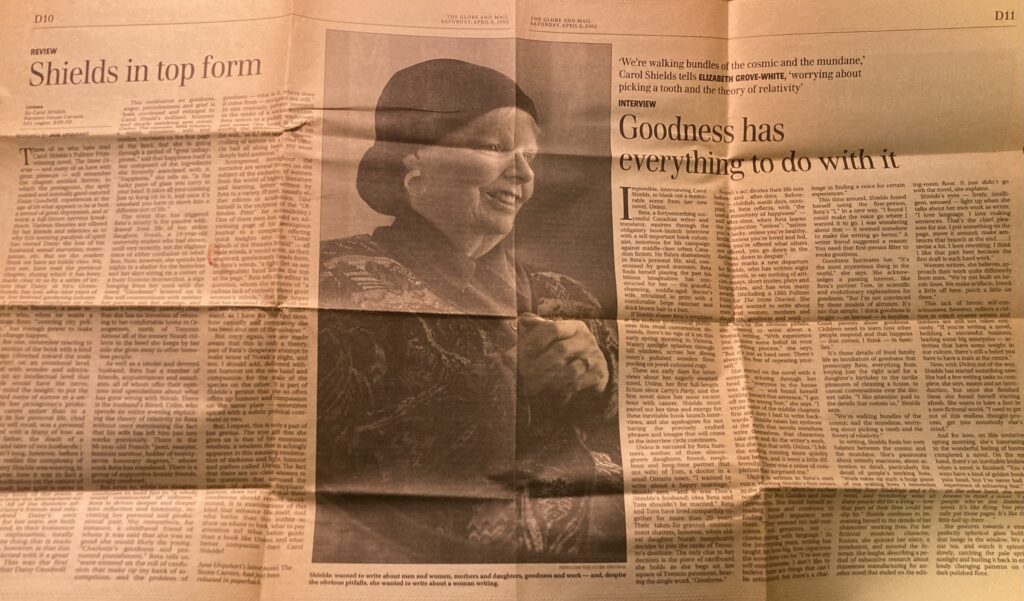
When her prize-winning novel The Stone Diaries came out in 1993, winning her both the GG and two years later the Pulitzer, I snatched up a copy and sat reading it in Majors Hill Park in Ottawa where Shields lived and studied for a time. A woman approached me as I came to the final page and asked, “What did you think?” I said I didn’t really know.
What I did know was that I was compelled to read the whole book. Now, I realize that I was captivated by a masterful storyteller and a pensive examiner of everyday life. I had missed her genius, missed her poignant statement about the everyday life of her lead character Daisy Goodwill.
Thirty years later, assisted by the stories and essays in this volume, I am inspired to begin anew to write about life, aging and all the incidents that trigger memory and initiate stories. We are surrounded by them. Thank you, Carol Shields, for guiding me and others along the creative path.
[Editor’s Note: Linda Rogers reviewed Nora Foster Stovel’s The Collected Poetry of Carol Shields for The British Columbia Review in 2021.]
*
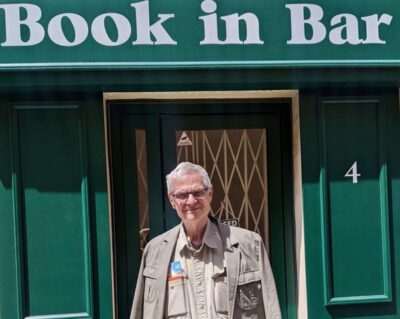
Ron Verzuh is a writer and historian. [Editor’s note: Ron has recently reviewed books by George Galt, David Lester and Marcus Rediker with Paul Buhle, David Spaner, Ken McGoogan, Dietrich Kalteis, and Grant Lawrence for The British Columbia Review.]
*
The British Columbia Review
Interim Editors, 2023-26: Trevor Marc Hughes (non-fiction), Brett Josef Grubisic (fiction)
Publisher: Richard Mackie
Formerly The Ormsby Review, The British Columbia Review is an on-line book review and journal service for BC writers and readers. The Advisory Board now consists of Jean Barman, Wade Davis, Robin Fisher, Barry Gough, Hugh Johnston, Kathy Mezei, Patricia Roy, and Graeme Wynn. Provincial Government Patron (since September 2018): Creative BC. Honorary Patron: Yosef Wosk. Scholarly Patron: SFU Graduate Liberal Studies. The British Columbia Review was founded in 2016 by Richard Mackie and Alan Twigg.
“Only connect.” – E.M. Forster